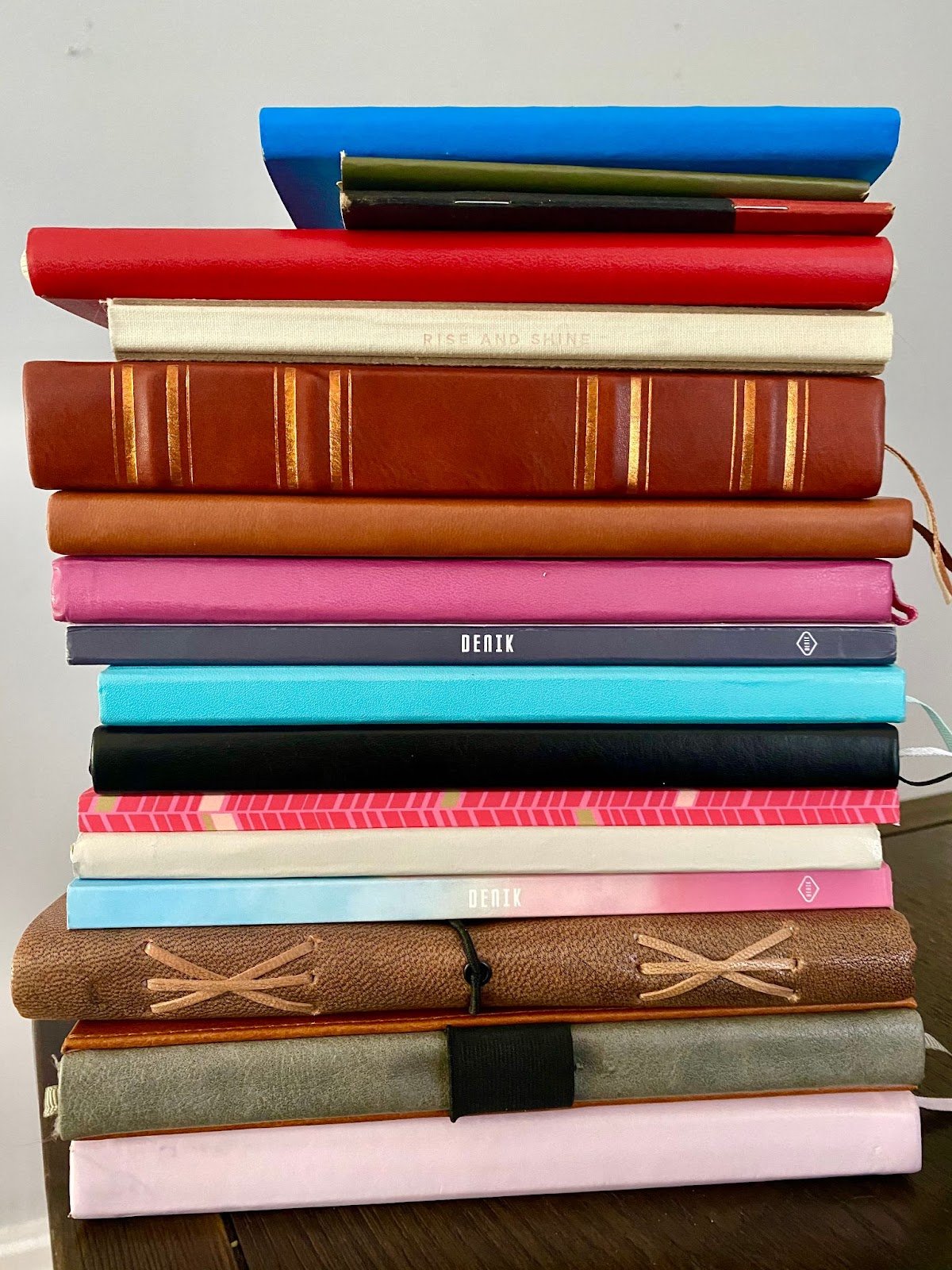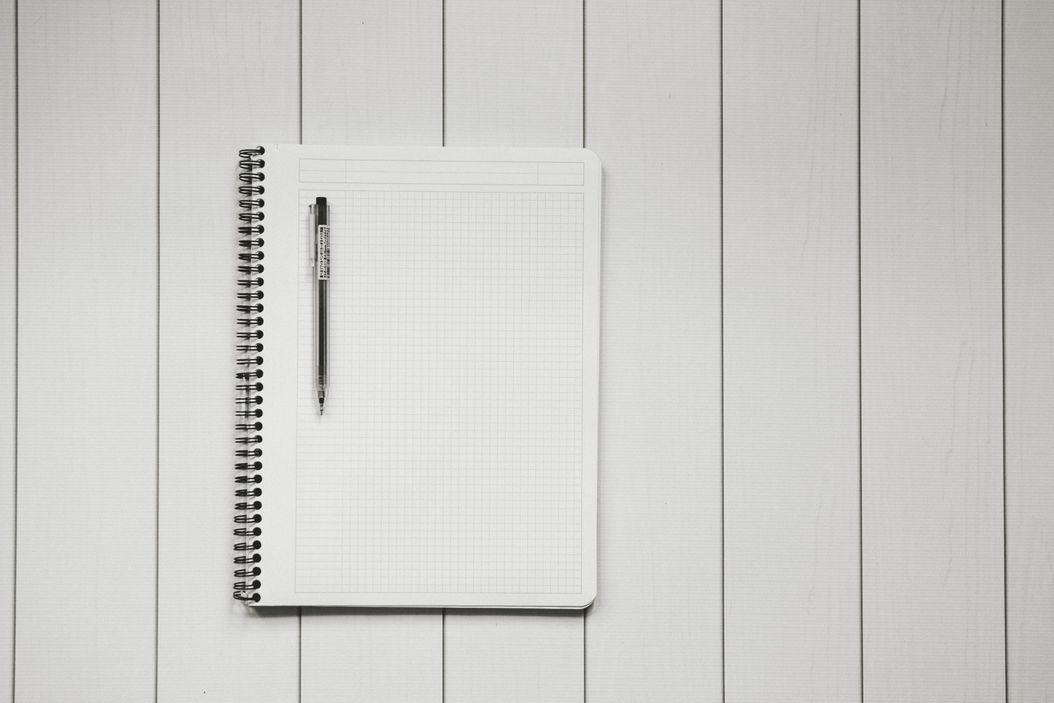We were robbed! The beach bum left us digging in the sand with no beach bag to be found.
Without flinching an eye, my roommate Emily and I speed walked home. Soaking wet, barefoot, exhausted, dehydrated and famished in a train formation, like the Bullet, we head down Kalakaua Avenue in downtown Waikiki to our apartment. We needed to drop our boards off from the full moon three hour surf session.
I rushed to see if Emily’s phone would still appear on the ‘Find my Friends’ or whether the robber had turned it off. Thank goodness for that app. There was still a signal. We worried it wasn’t for long though. We gulped some water, put on dry clothes and hopped onto my red moped Ciao. I’ve never accelerated so fast. Emily was leaving on a flight in a few hours to go to a wedding in Louisiana. She needed her wallet and phone back desperately.
After we spied the thief leaving to go into the ocean, we hurriedly rescued everything seemingly important– her phone and wallet. My flip flops or ‘slippahs’ as Hawaiians call them, but most importantly, Emily lost her journal.
I was willing to go back for it. She didn’t mind and thought the bum might get some entertainment from her life problems. I was so sad for her though. A journal feels priceless to me like a special treasure.
I was so distraught that she lost her journal. So I did what I do after any tragic event. I journaled about it.
We take time to check how we look in the mirror in the morning and to brush our teeth at night, but do we take the time to check with our minds and hearts?
A journal can be like staring at yourself in the mirror for a long time until you get comfortable with the reflection. It feels cathartic and serves as part of my self-care practice. It deflects back to me where I’ve gone with my thoughts and where I am going.
A journaling practice can be whatever you make of it. I never regret a page that I write in my journal. The version I currently use is a black moleskin, with a transcribable smart pen. The paper is thick and never bleeds through. I have saved some of my favorite stickers, mantras, and plane tickets in the back sleeve. My journal is my best friend so I trust her with intimate things.
She knows what I am thinking. How I am feeling. She’s seen me transform over the years. To move from a victim in life to someone who appreciates each opportunity.
You might be thinking how can this be? It’s pretty old fashioned technology. Paper and pen. Nothing too fancy.
The experiences I have from writing old-school hones my attention. It forces me to think and to feel. It grants me time to stop worrying and to acknowledge the present.
It’s become the way that I show up for myself.
I originally started out thinking that writing every day would be a helpful foundation for my routine. From a utilitarian perspective, I thought it’d merely help me track goals and become more productive. I never knew all the benefits that would come along with the simple act.
I am more self-aware because I recognize my emotions. I question endlessly and force myself to pencil an answer. When I ask better questions, I can process more effective answers. I create a more mindful bond between my head and my heart. Between my body and mind. It has always been there, but it takes those moments of pondering and silence in the evening. Moments when it is just me and the pen on the paper.
Thank you journal. I can articulate how I am feeling more succinctly. These entries create learning loops of what I recall. So much gets unlearned. I can acknowledge the gifts in my life.
As author James Clear states that “Writing is the antidote to confusion.”
So when I’m confused or emotional, I start writing.
It is the main reason that I identify myself as a writer. Through my practice, I have grown confident in affirming myself as a writer and becoming better at it. I used to be lost in words on a page of who I am, but the art of writing has been there for me.
It’s not replaceable to any other reflective practice I have come across.
Now I reflect on what a mistake that must’ve been.
My practice of writing has evolved since then. I never wrote about what I was thinking or feeling when I first began on a trip to Key West at age ten in 2006. I realize at this age I didn’t know what thoughts or feelings were.
I wrote about being woken during a sleepover with my cousins to my mother weeping after a phone call that my Dziadzia (Polish grandpa) had passed away. I wrote down that he had a “hard attack” and I didn’t even know what it meant to “pass away”. I didn’t write down my questions but I remember being confused. I’d never seen my mom cry so much. Nowadays, that is what I actually care about, my thoughts and feelings.
I later realized that the prompt of asking myself “what could have gone better” made me filled with regrets that I didn’t take action.
I shifted this question each evening to instead “what did I learn today?” With a more uplifting question to end my day, I felt more fulfilled and accomplished knowing that I learned something rather than had a regret from inaction.
Don’t get me wrong, regrets are reminders of the person you want to be, but day after day this reminder left me feeling harsh about myself. There is utility in facing the fire and to turn and face your ghosts. These skills of asking challenging questions will make you become who you want to be much faster. This is why the individual purpose of journaling is important for each writer to determine.
Moral of the story? Even if you bury your beach bag into the sand, it’s still not safe. So, be careful with what you might lose if you leave unattended.
And that is why I don’t risk losing my journal if I go to the beach by myself.
This piece was not created alone. Thank you to Ken Rice, Tobi Emonts-Holley, and Anthony Polanco for their feedback.
To read about how to start your practice: https://www.jenvermet.com/blog/why-journaling-has-transformed-my-identity


